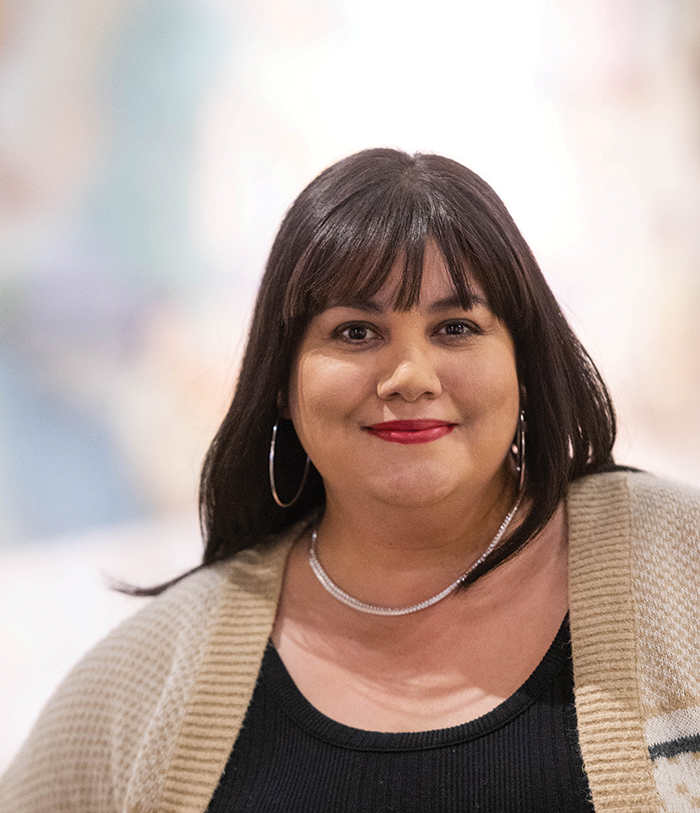"When I was growing up, K-12 social studies and history only included a master narrative about the great, predominantly Anglo-Saxon, men who created the United States. There were smatterings of other histories: Sacajawea, Harriet Tubman, Clara Barton, Frederick Douglas, Jackie Robinson, and if we were lucky, Cesar Chávez and Dolores Huerta. As a kid from the El Paso/Juárez border, there was very little to help me understand my own place in history and in the world. Not the least of which, any criticism of the Founding Fathers was discouraged. The old narrative that the school systems adhered to did not help us understand the nuances of history, race, class or gender. Therefore, working class struggles, disparity among sexes and racial discrimination were completely left out in any significant form. I truly believe this is why we live in a society where if you say Black Lives Matter, it becomes a point of contention for many, rather than a call to solidarity with the Black community. It is the reason for why we live in a society that privileges few and discards many. People need to know their own history to break cycles of oppression, to feel their lives matter and that their history is just as important as any founding father’s.”
Marin earned a bachelor’s degree in fine arts/museum conservationism from NMSU. In 2021, she became the first El Paso native and Latina to be appointed as a director of the El Paso Museum of History. She is a National Association of Latino Arts and Cultures Leadership Institute Fellow. Before joining the El Paso Museum of History, Marin served as an exhibits curator for Las Cruces Museums, and an independent curator for Purple Gallery in El Paso. She is active in the community as an artist, focusing her creative work primarily on identity and memory.


Dove Hall, Room 212
305 N. Horseshoe Drive
Las Cruces, NM 88003